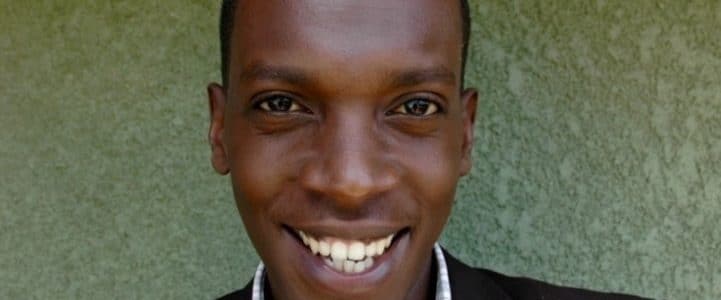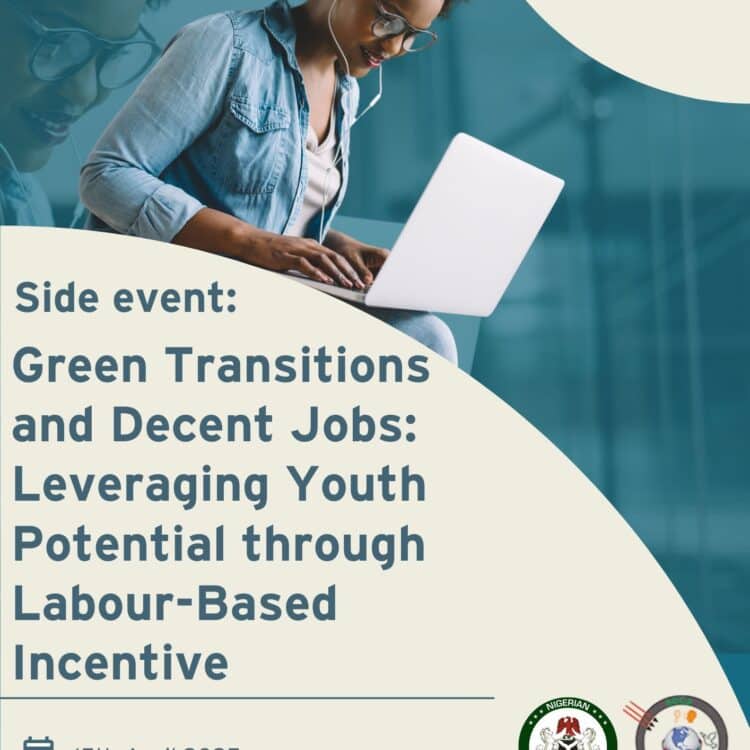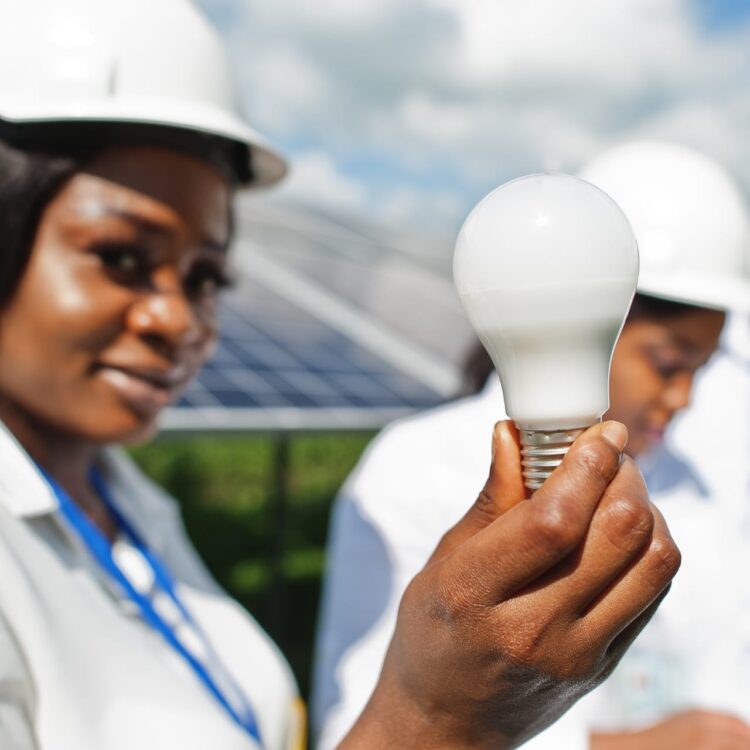
In preparation for the conference on Boosting youth employment in Africa, co-organized with the Netherlands Ministry of Foreign Affairs on 30 May in the Hague, Regis Umugiraneza (26), young entrepreneur in Rwanda and one of the youngest participants of the conference, made a short filmed and written portrait of himself.
Watch the short film, and read the text below.
“CARL GROUP is a youth led company launched and registered in 2014. We were all born in Kigali, Rwanda, met each other at university and realized that we share similar visions and dreams. Together we are C-A-R-L: Clarisse, Ada, Regis and Larissa.
Having grown up in an area where sweet potatoes were grown extensively, I found myself eating sweet potatoes every meal, without any alternative dish. I wondered if there were other ways sweet potatoes could be processed. Inspired by that notion, I studies Agribusiness and Agricultural Economics at the University of Rwanda.
We have three departments which are Agribusiness, Environment services and Architecture and related services, but mainly we are focusing on Agribusiness. We add value to the orange fleshed sweet potatoes by processing them in a well-processed bread, cakes, donuts etc. Our company has 8 employees, including its founders. I enjoy working with my partners.
Currently we are facing different challenges, mainly: technical skills, investment capacity and some management skills.
Youth are energetic, they are able to work in innovative, creative ways and they are problem solvers. They can create job opportunities for themselves – and for others. Our century needs this new way of problem solving, this new way of thinking and new mindset. To be able to achieve their goals, youth need to build their capacities by being trained in technical skills, economics skills and values.”





Contact number of Regis please
I am Bosco Kwizera from RBA and I want to talk to him for coverage
0788681707